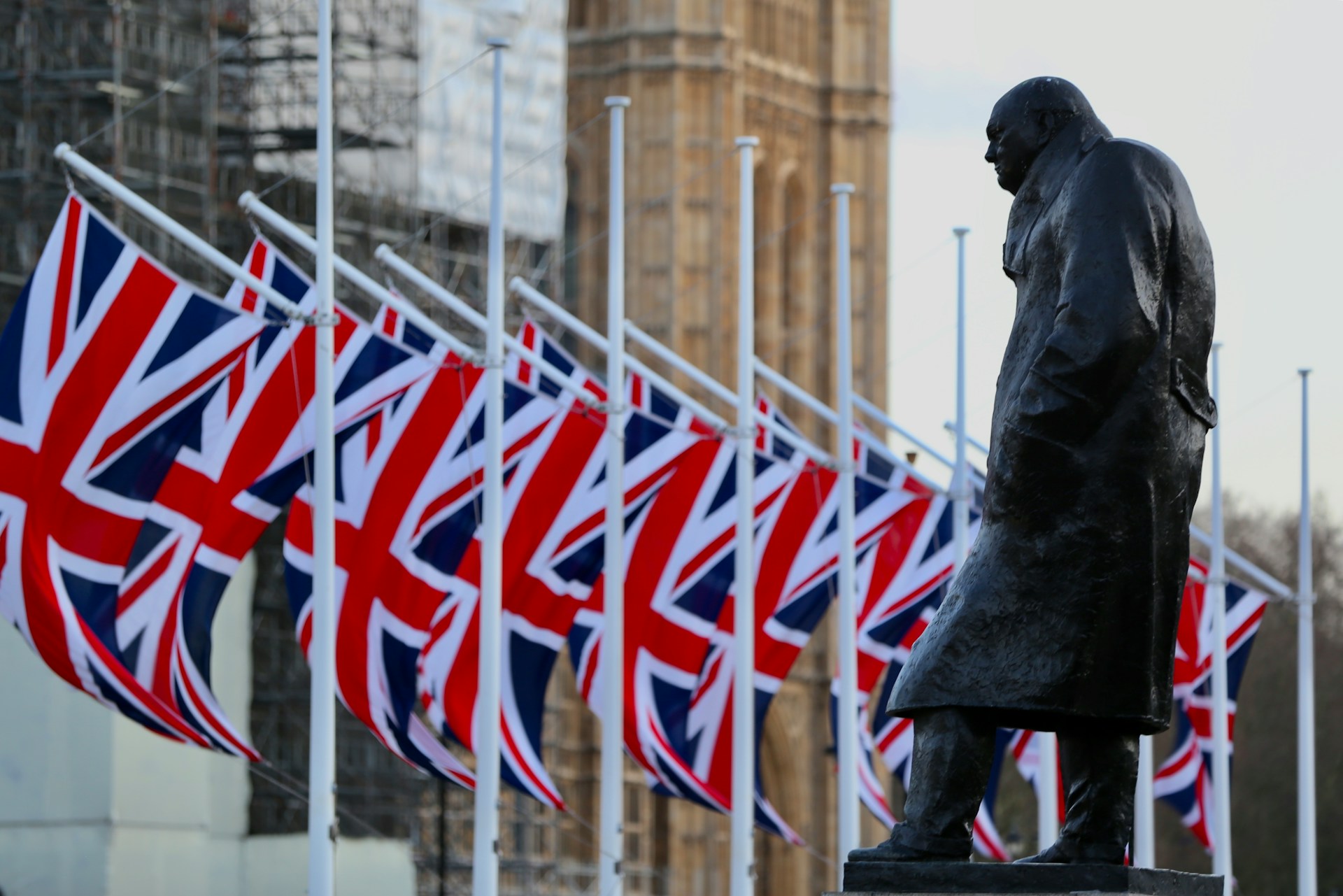
October 28, 2024
London’s Leaders Call For ‘Meaningful, Respectful’ Reparations Dialogue
In 2023, a UN judge declared the UK possibly owes over $18 trillion in reparations due to its role in slavery in 14 Caribbean countries.
Leaders in the United Kingdom have indicated their desire to have a respectful and meaningful conversation about reparations for the country’s role in the slave trade despite the UK’s insistence to keep the issue off the table during a two-day summit in Samoa.
According to the BBC, 56 heads of government, including UK’s Prime Minister Sir Kier Starmer signed a letter calling for “discussions on reparatory justice” regarding Britain’s role in the “abhorrent” transatlantic slave trade. The letter also declared it was time for a “meaningful, truthful and respectful conversation.”
“The dominant theme of the two days has been resilience and climate,” Starmer told reporters in an Oct. 26 press conference. He also added that the section on reparations was a small part of the joint statement and only made up “one paragraph in 20-something paragraphs.”
Starmer continued, “None of the discussions have been about money. Our position is very, very clear in relation to that.”
Starmer’s comments follow those of UK Chancellor Rachel Reeves, who previously told the BBC that the country would not pay any reparations for slavery.
This, despite a United Nations judge’s ruling in 2023 that the UK possibly owes over $18 trillion in reparations due to its role in slavery in 14 Caribbean countries.
“(It) is very insulting (to) tell people of African descent to forget and move forward,” Labor Party lawmaker Bell Ribeiro-Addy said during a cross-party reparations conference in London, according to Reuters. “I’m very proud those nations refused to be silenced.”
Labor Party lawmaker Clive Lewis told Reuters that he was surprised at Starmer’s “colonial mindset” and seemed concerned by his attempts to “dictate what could and could not be discussed.”
According to The Associated Press, the legacy of slavery is interwoven among some of Britian’s most revered institutions, including the Church of England, multinational insurer Lloyd’s of London, and even the monarchy itself.
As Olivette Otele, professor of the legacies and memory of slavery at the School of African and Oriental Studies at the University of London, told the AP, “Britain benefited from transatlantic enslavement. The money and the money trail is there to prove it. So we need to have these conversations much more openly.”
In recent years, the idea of reparations has gained traction among British leaders, particularly after former UK Prime Minister Tony Blair expressed deep sorrow over Britain’s role in the slave trade in 2006.
In 2013, the Caribbean trade bloc CARICOM requested that European governments formally apologize for their roles in the slave trade and to create a repatriation program for people who want to return to their homelands, neither of which has occurred.
In 2021, King Charles III, then the Prince of Wales, spoke about reparations during a trip to Barbados, discussing the “appalling atrocity of slavery, which forever stains our history.” A year later, at a Commonwealth summit, he said that the discussion about reparations was a “conversation whose time has come.”
However, for some, a mere conversation is not enough to address the actual harms slavery created for those it affected.
Diane Abbott, Britain’s first Black woman lawmaker, told Reuters that she believes Starmer “seems to have forgotten that” his party, the Labor Party, promised to create a national reparations commission, before adding, “Reparations isn’t about the past, it is about the here and now.”
RELATED CONTENT: King Charles III Supports Research Into British Monarchy’s Involvement In Slavery